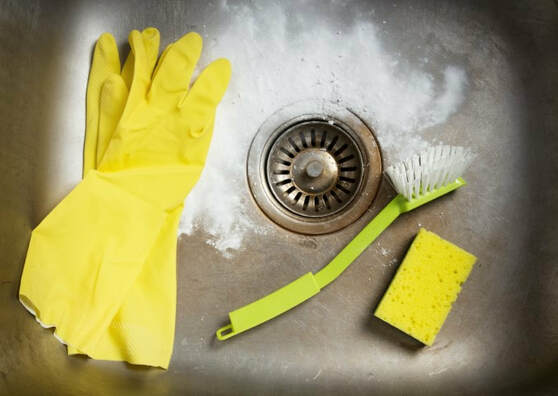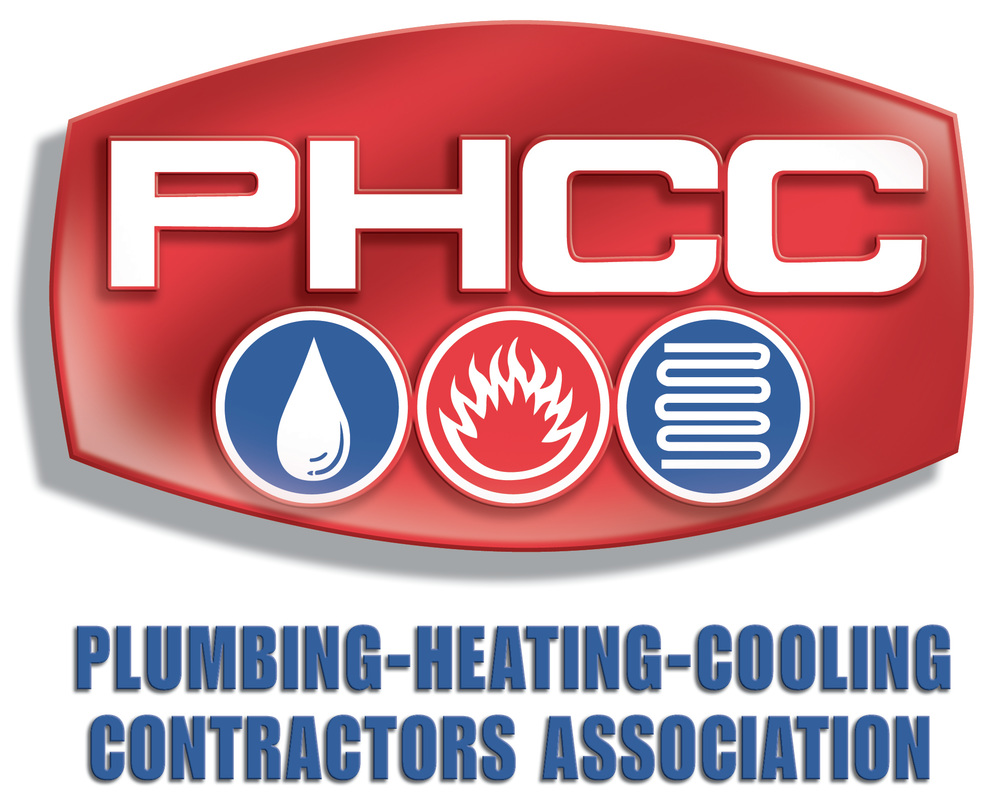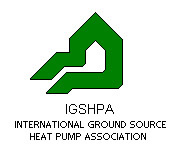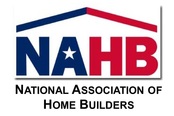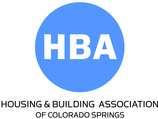Sometimes we can unclog drains on our own without the help of professionals. We encourage our customers to be mindful when choosing liquid drain cleaners, because some of the chemicals could be harmful to both your lungs if you inhale the fumes, and your drain. So, when trying to remove grease, soap, hair, and food can be a reason your drain is clogged. We are here to help you look at the initial harsh chemicals that could be harmful.
What Chemicals are in Drain Cleaners
Most drain cleaners contain sodium hydroxide, a chemical also known as lye or sulfuric acid. This chemical is useful in breaking down the organic compounds of materials and metals. The chemical’s main purpose is to give electrons to the substance clogging the drain and create hydroxide ions to create a reaction that dissolves the initial clog. The Alkaline in the chemicals release heat that breaks down grease into a soap like substance that is dissolvable. Drain Cleaners are heavier than water, they sink through the existing standing water attaching to the clog and dissolving it.
Other ingredients used in common household cleaners are bleach, peroxides, and nitrates. They cause the organic materials causing the clog to lose ions and become oxidized. When using these chemicals, you need to be careful when mixing them as they could be harmful if mixed incorrectly and could become a breathing hazard.
Other ingredients used in common household cleaners are bleach, peroxides, and nitrates. They cause the organic materials causing the clog to lose ions and become oxidized. When using these chemicals, you need to be careful when mixing them as they could be harmful if mixed incorrectly and could become a breathing hazard.
What Happens When Chemical Drain Cleaners are Used
Most drain chemicals produce heat, and in the process of unclogging the drain they can soften the metal of the pipes that can also eat away older pipes. We encourage our clients to take caution when handling chemicals that could be harmful. Always remember to wear gloves and mask to prevent skin from being burned and fumes getting into your lungs.
Clogged drains can be the tip of the iceberg for your overall plumbing system. They can be hiding potential bigger problems that may be lingering. They can be pointing out a problem of a larger nature such as a backed-up sewer system, broken pipes or clogs that are hiding deep in your plumbing system that over the counter cleaners can’t fix.
Clogged drains can be the tip of the iceberg for your overall plumbing system. They can be hiding potential bigger problems that may be lingering. They can be pointing out a problem of a larger nature such as a backed-up sewer system, broken pipes or clogs that are hiding deep in your plumbing system that over the counter cleaners can’t fix.
Chemical Free Ways to Treat Drain Clogs
If you do not have any drain cleaners at home, you can remember that basic household items can also help clear drains. All you need is baking soda, water, and vinegar. If you follow these simple steps you can also DIY a drain clog. First, boil a pot of water then pour that water down the clogged drain then follow it with cold water of the same amount. This combination might help clear the simplest clog without having to call a professional plumber. If this does not help you may try treating the clog with a half a cup of baking soda followed by a half of a cup of vinegar. Let the mixture sit overnight and then flush the drain with hot water. You may use this method once a month to help clear and build-up in your drain.
Please call the professionals at Team Plumbing for all your plumbing needs. You can call (719) 226-0711 to request an appointment with us today!
Please call the professionals at Team Plumbing for all your plumbing needs. You can call (719) 226-0711 to request an appointment with us today!

